
5 Common Habits Silently Destroying Your Liver (Most People Do Them!)
The liver is one of the most vital organs in the human body, responsible for filtering toxins, aiding digestion, and supporting metabolic functions. Despite its importance, many people unknowingly engage in habits that can gradually damage the liver over time. These habits are often considered harmless or are overlooked in daily life. Below are five common behaviors that may be silently harming your liver—and you might be guilty of some without even realizing it.
1. Excessive Consumption of Processed Foods and Sugar
One of the biggest enemies of liver health is a diet high in processed foods and added sugars. These foods, including sodas, candies, baked goods, and fast food, often contain high-fructose corn syrup and unhealthy fats. Consistently consuming them can lead to a condition called non-alcoholic fatty liver disease (NAFLD). This condition occurs when fat builds up in the liver and can eventually lead to inflammation and liver damage. Unfortunately, NAFLD is becoming increasingly common, even among young adults and teenagers.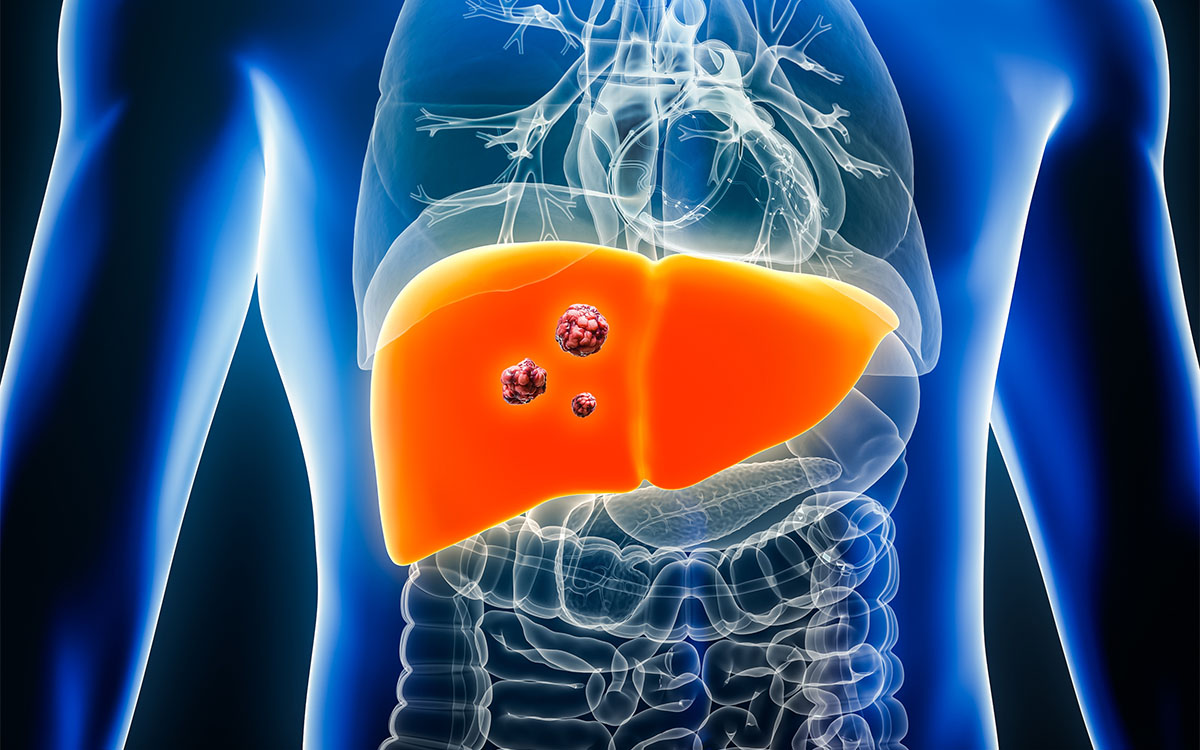
2. Frequent Use of Alcohol
It’s no secret that excessive alcohol consumption harms the liver. However, many people underestimate how much alcohol is "too much." Even moderate drinking over a long period can gradually damage liver cells and impair its ability to regenerate. Chronic alcohol use can lead to liver inflammation, fatty liver, hepatitis, and eventually cirrhosis—a condition in which healthy liver tissue is replaced with scar tissue. If you're drinking daily or binge drinking on weekends, your liver could be suffering without you realizing it.
3. Overuse of Medications and Supplements
Painkillers like acetaminophen (paracetamol), if taken frequently or in high doses, can severely damage the liver. What many people don’t know is that this common drug is included in a wide variety of over-the-counter cold and flu medications. Taking multiple medications at once can lead to accidental overdose. Similarly, some herbal supplements and “natural” remedies may also be harmful to the liver, especially if they are not regulated or used inappropriately. Always follow dosage instructions and consult a healthcare provider before combining drugs or supplements.
4. Lack of Physical Activity
A sedentary lifestyle doesn’t just affect your waistline—it can negatively impact your liver, too. Physical inactivity is linked to obesity, insulin resistance, and high blood sugar levels, all of which are risk factors for fatty liver disease. Regular exercise helps the body use insulin more effectively, burn excess fat, and reduce inflammation, all of which are essential for maintaining liver health. Just 30 minutes of moderate activity per day can significantly lower the risk of liver disease.
5. Inadequate Hydration
Drinking enough water is essential for overall health, and the liver is no exception. Water helps flush out toxins and supports the liver’s natural detoxification processes. When you are dehydrated, your liver has to work harder to process and eliminate waste. Over time, chronic dehydration can impair liver function and slow metabolism. Many people don't drink enough water daily, opting instead for sugary or caffeinated beverages that can further burden the liver.
Conclusion
While these habits may seem minor, their long-term effects on liver health can be serious. The good news is that the liver is a resilient organ and can heal itself to a great extent if damage is caught early and harmful behaviors are corrected. By becoming aware of these common habits and making small, consistent changes in your lifestyle—such as eating a balanced diet, limiting alcohol, staying active, and drinking plenty of water—you can protect your liver and ensure it continues to function properly for years to come.
News in the same category


5 Unconventional Signs of Breast Cancer That You Must Know About
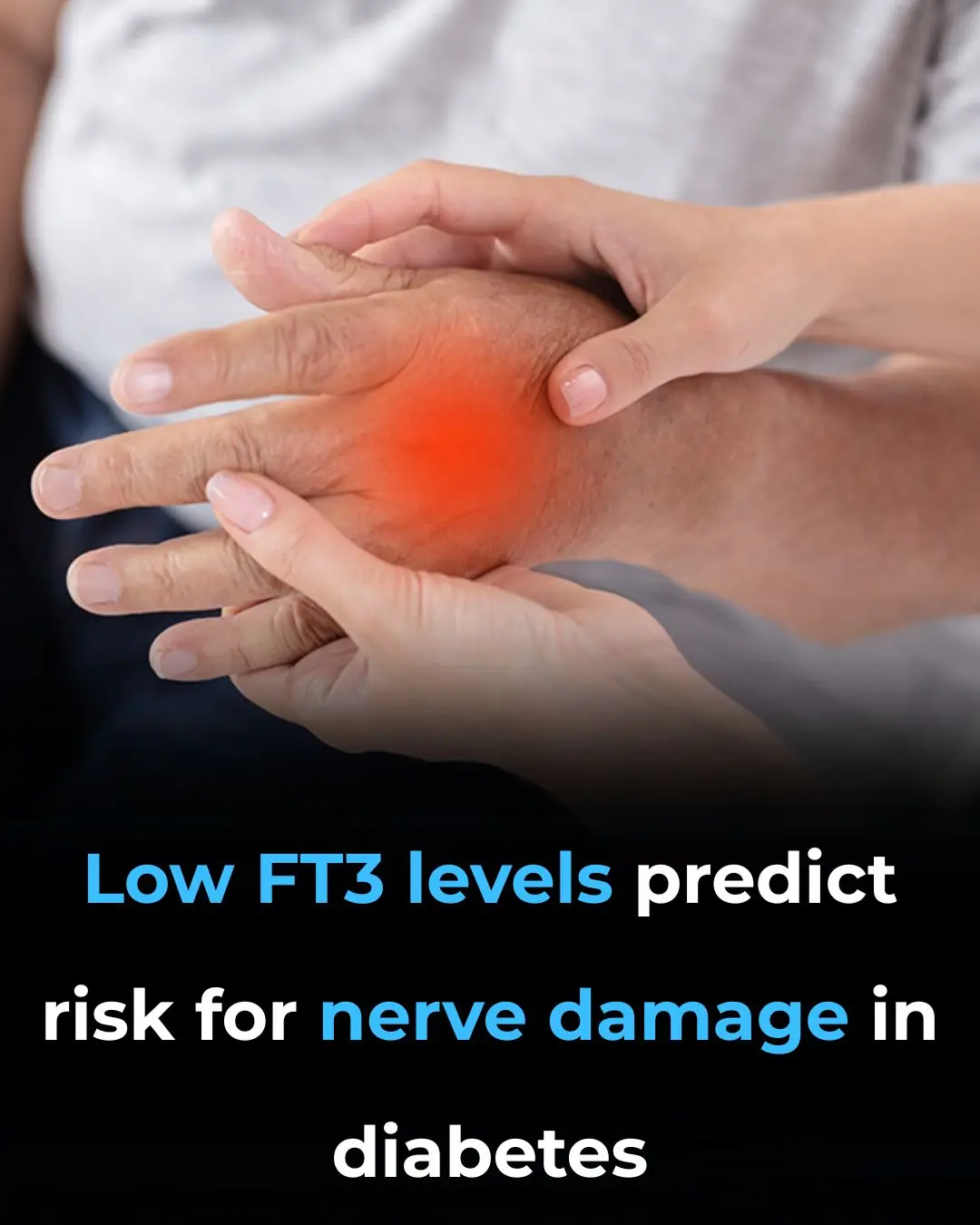
Low FT3 Levels Predict Risk for Nerve Damage in Diabetes
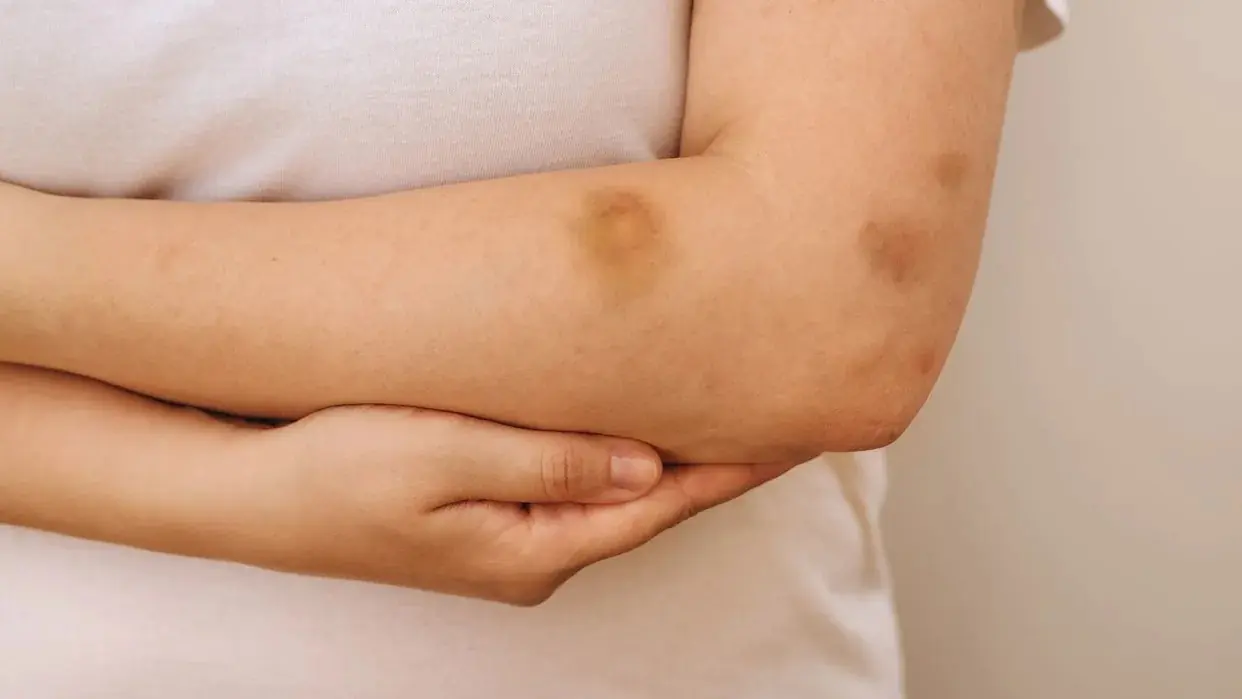
Doctors Urge: Don’t Ignore Unexplained Bruising — These Hidden Reasons Could Be the Cause
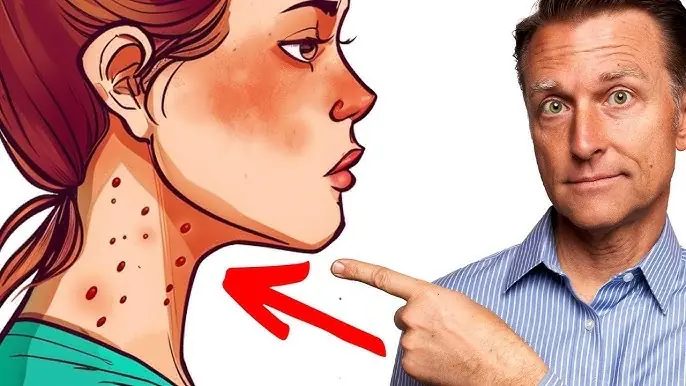
12 Urgent Warning Signs You’re Eating Too Much Sugar

Where Do You Stand on the Sitting-Rising Test?

The Ultimate Guide to Marinating Fish
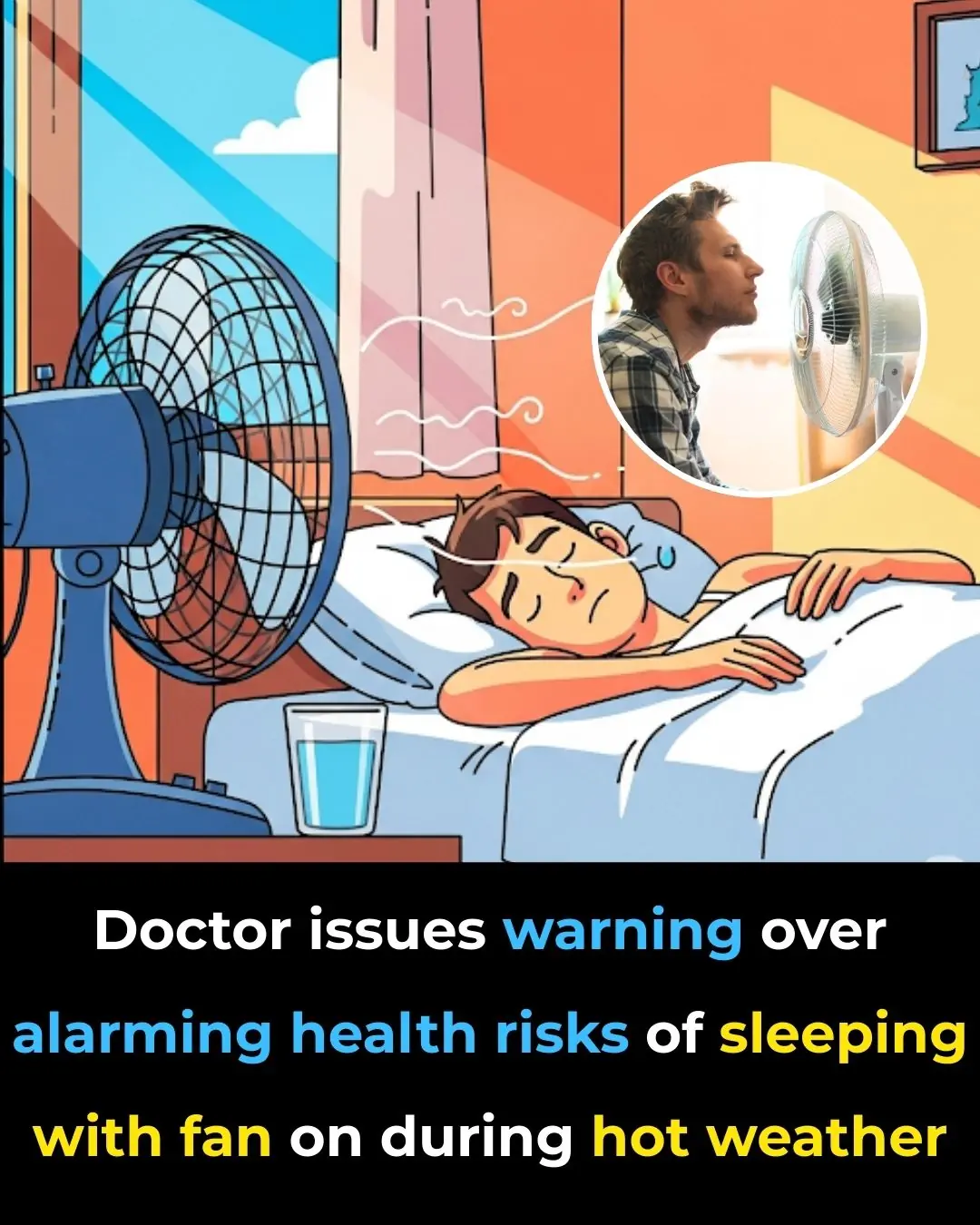
The Pros and Cons of Sleeping with a Fan On
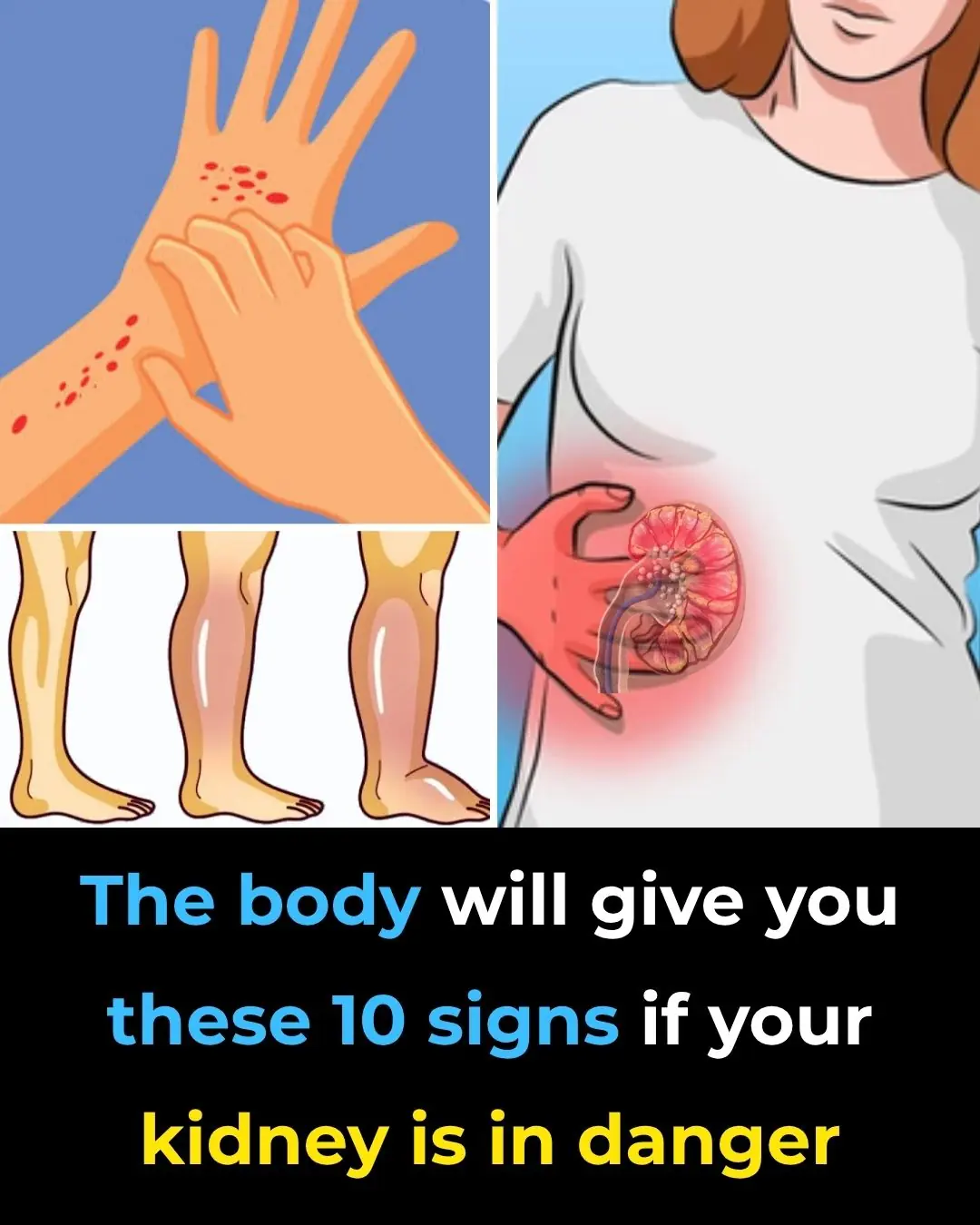
10 Symptoms of Kidney Disease

5 Potential Health Benefits of Macadamia Nuts

How to Exercise Safely When You Have Atrial Fibrillation
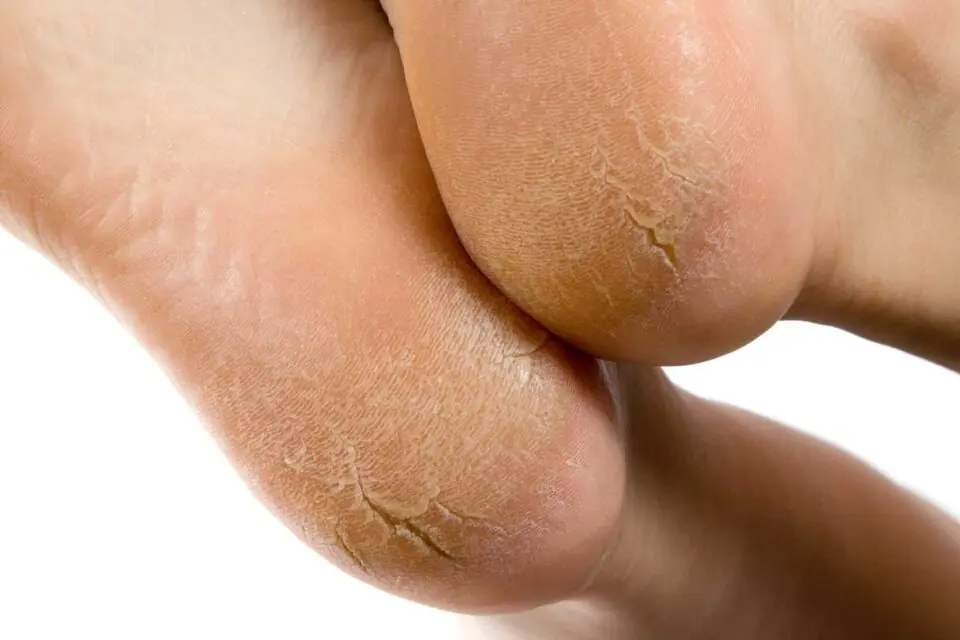
How to Get Rid of Dead Dry Skin on Feet
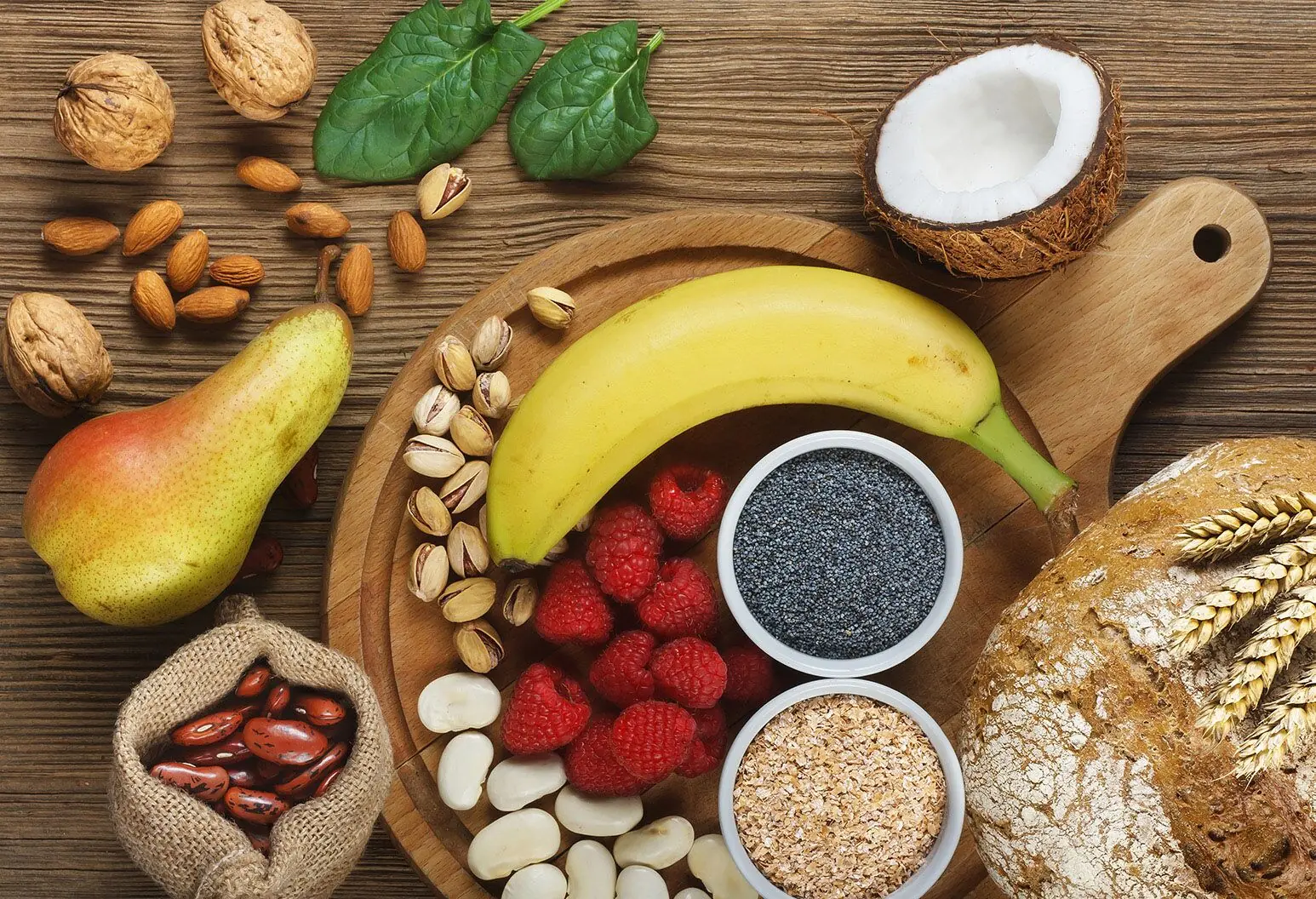
Foods to Eat if You Need to Poop – The Best Natural Laxatives
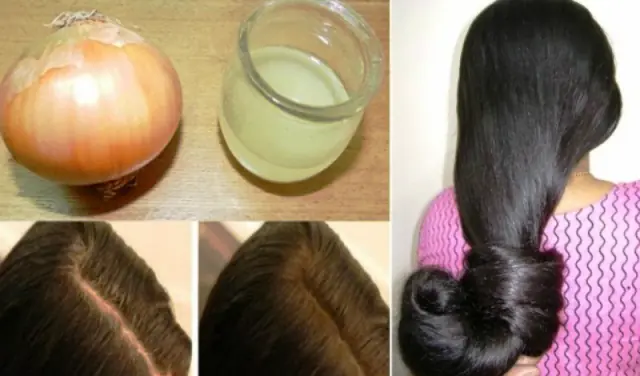
How to Make Onion Juice for Hair Growth & Strong Hair

3 Best Ways to Boil Sweet Potatoes for Maximum Flavor
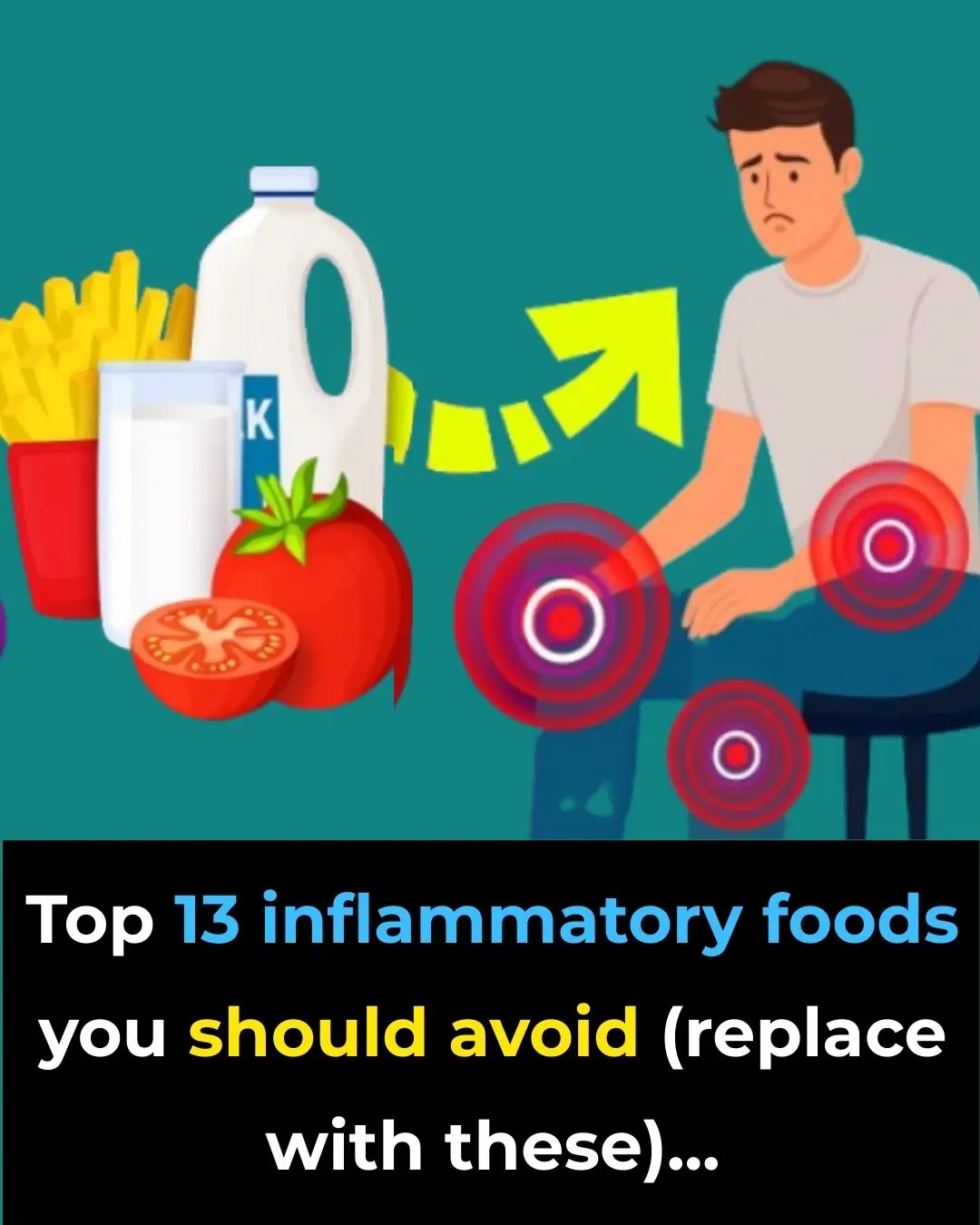
Top 13 Inflammatory Foods You Should Avoid (Replace with These)

Why You Should Drink THIS Warm Turmeric Water In The Morning
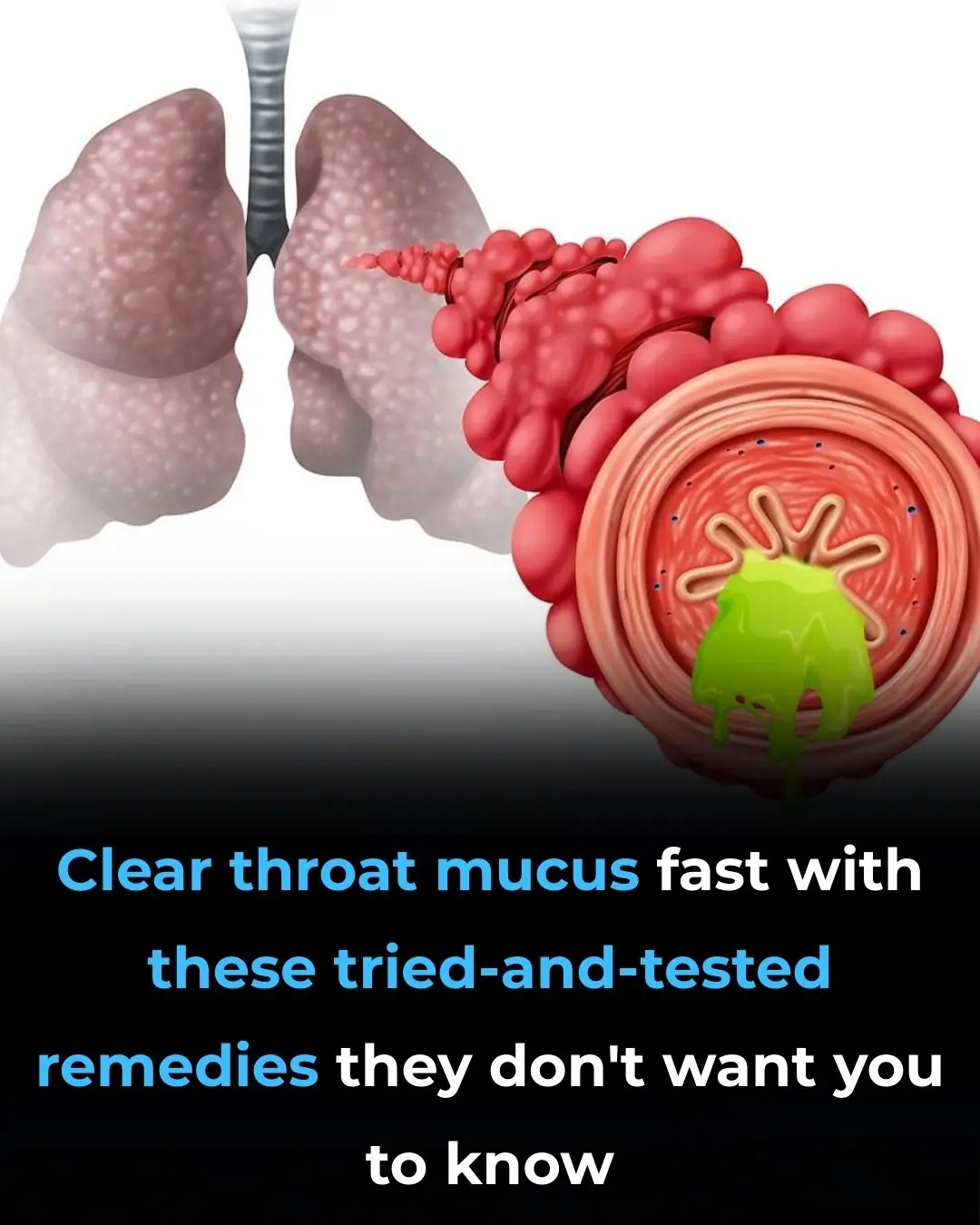
14 Warning Signs of Low Magnesium Levels and What to Do About It (Science Based)
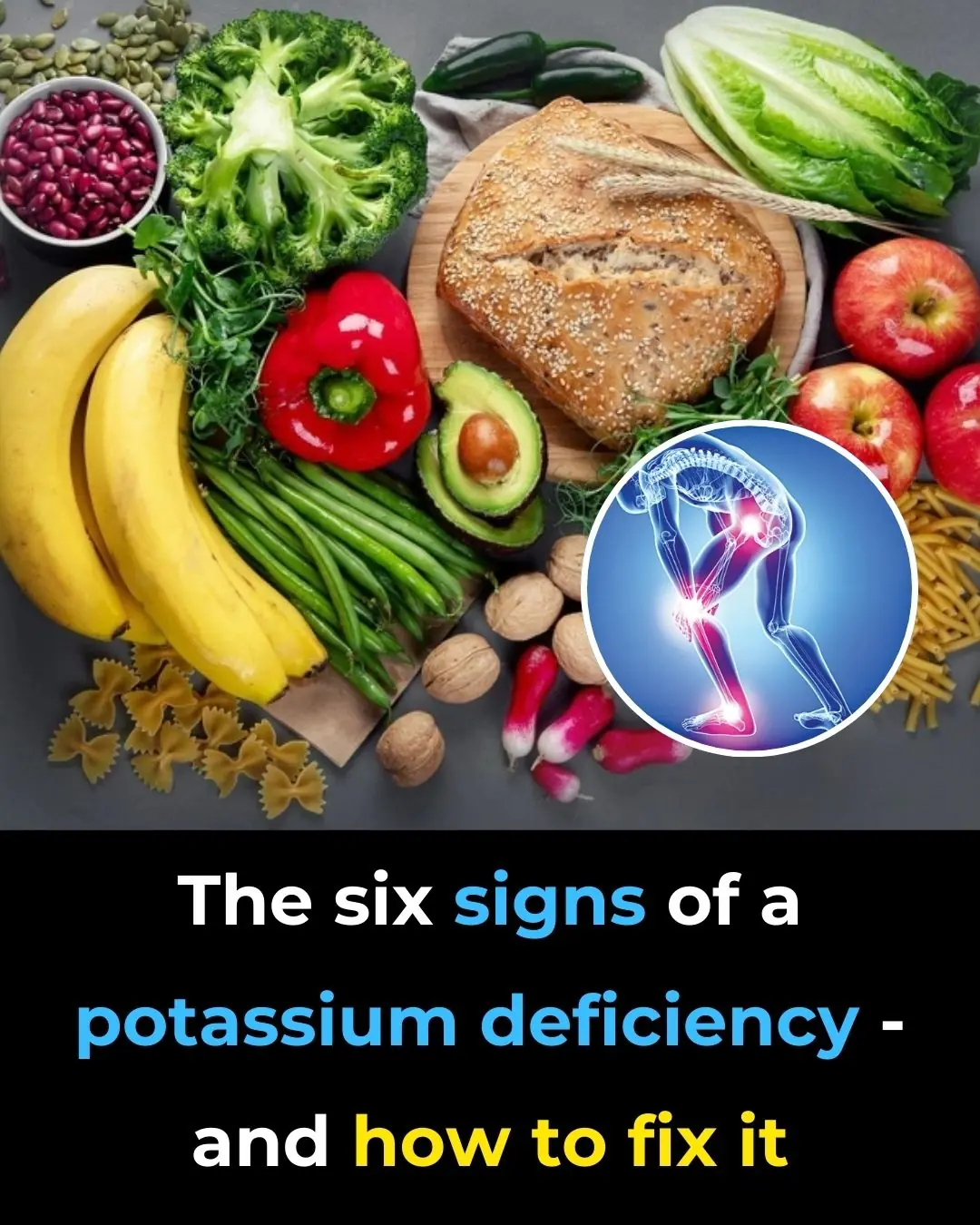
The Six Signs Of A Potassium Deficiency – And How To Fix It
News Post

14 Warning Signs of Low Magnesium Levels and What to Do About It (Science Based)

5 Unconventional Signs of Breast Cancer That You Must Know About

Low FT3 Levels Predict Risk for Nerve Damage in Diabetes

Doctors Urge: Don’t Ignore Unexplained Bruising — These Hidden Reasons Could Be the Cause

12 Urgent Warning Signs You’re Eating Too Much Sugar

Where Do You Stand on the Sitting-Rising Test?

The Ultimate Guide to Marinating Fish

The Pros and Cons of Sleeping with a Fan On

One Button, Big Savings: Cut Energy Costs with Every Wash

10 Symptoms of Kidney Disease

10 Types of Toxic Friends to Avoid

Index Finger Length: Personality and Fortune

5 Potential Health Benefits of Macadamia Nuts

How to Exercise Safely When You Have Atrial Fibrillation

How to Get Rid of Dead Dry Skin on Feet

Foods to Eat if You Need to Poop – The Best Natural Laxatives

How to Make Onion Juice for Hair Growth & Strong Hair

3 Best Ways to Boil Sweet Potatoes for Maximum Flavor
